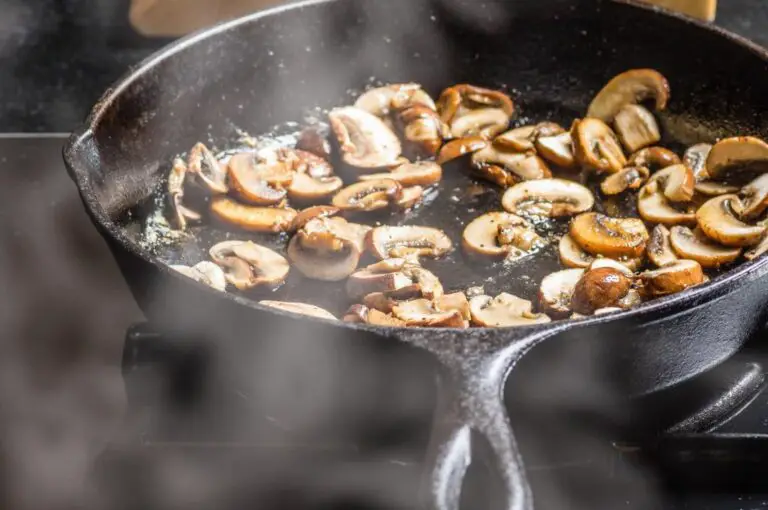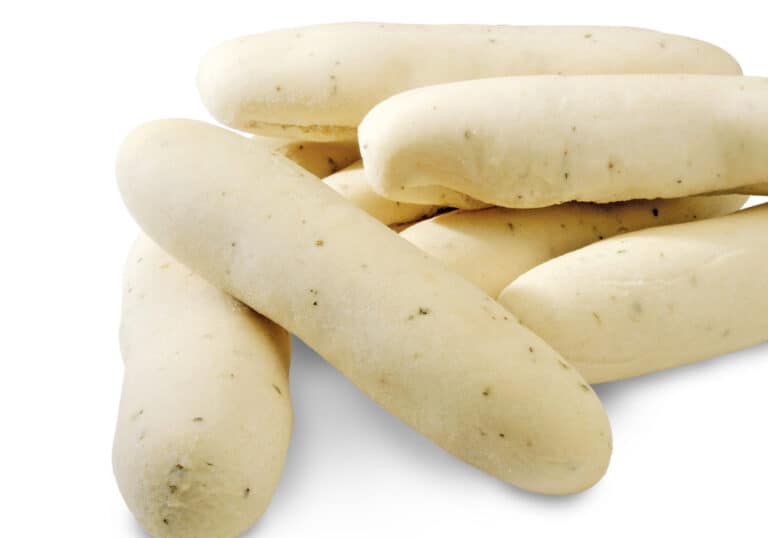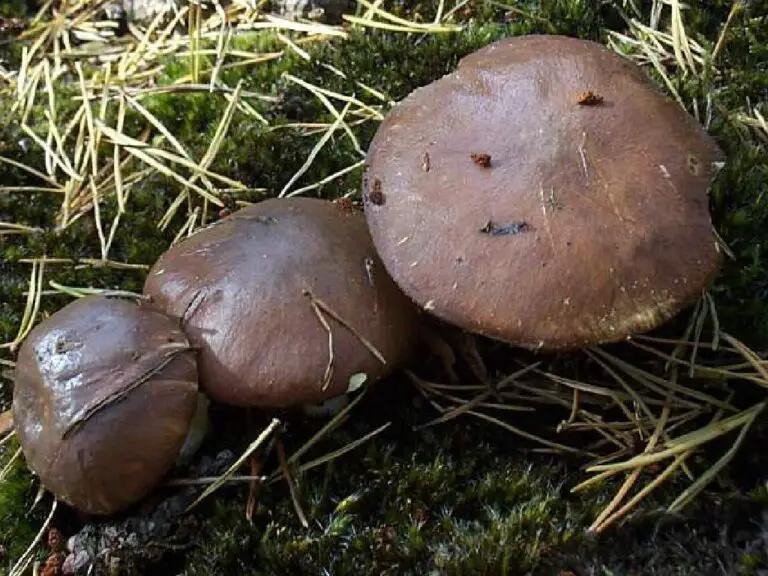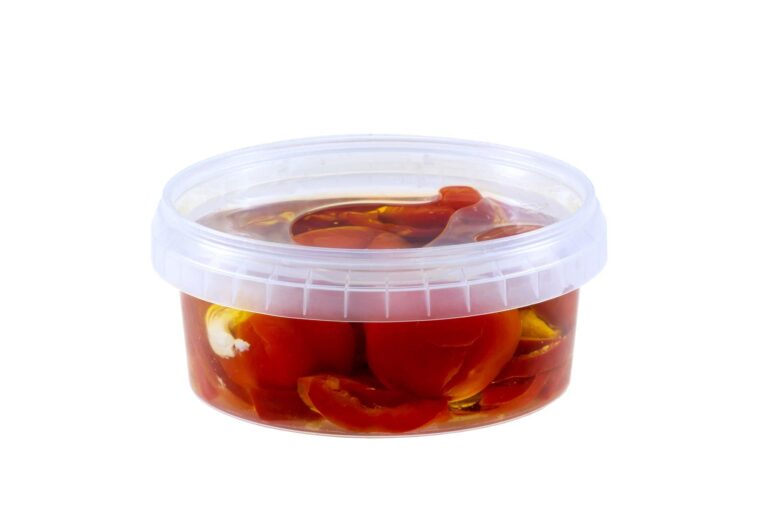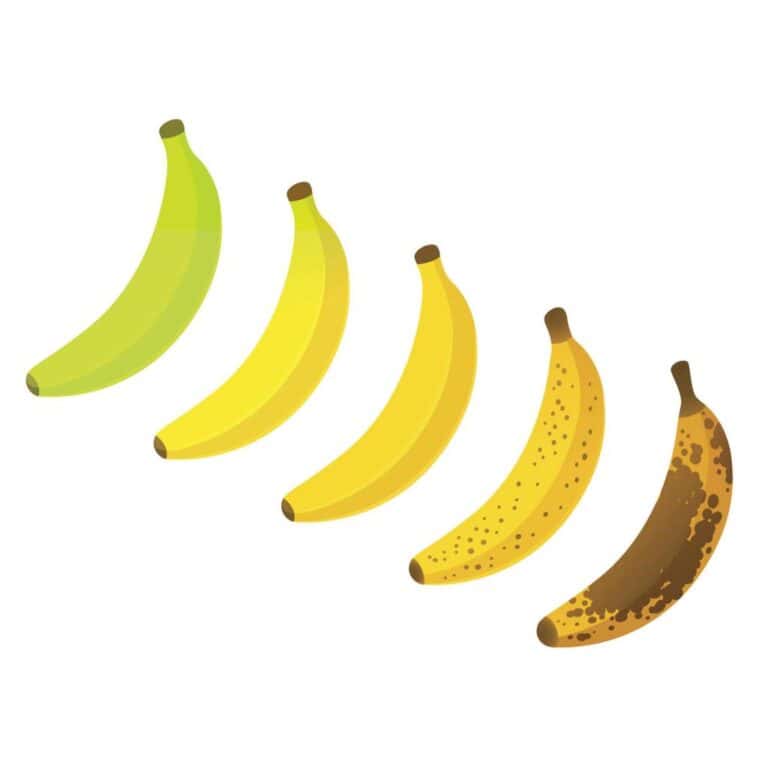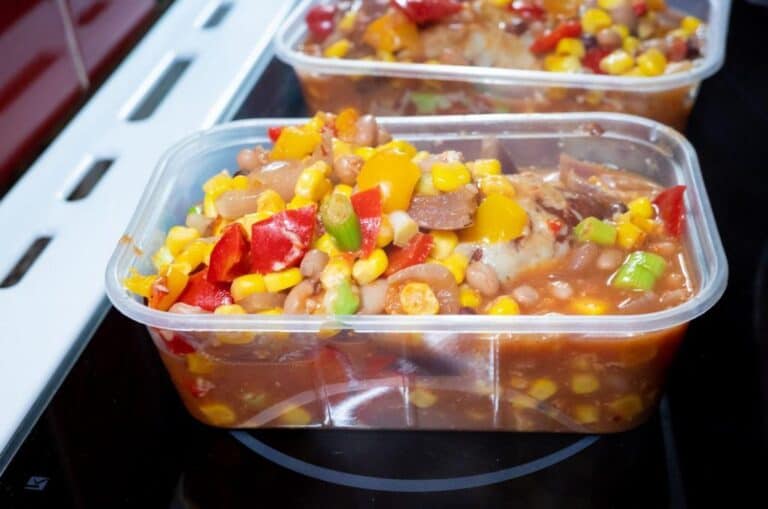Can You Eat Guava Skin and Seeds? Are They Safe to Eat?
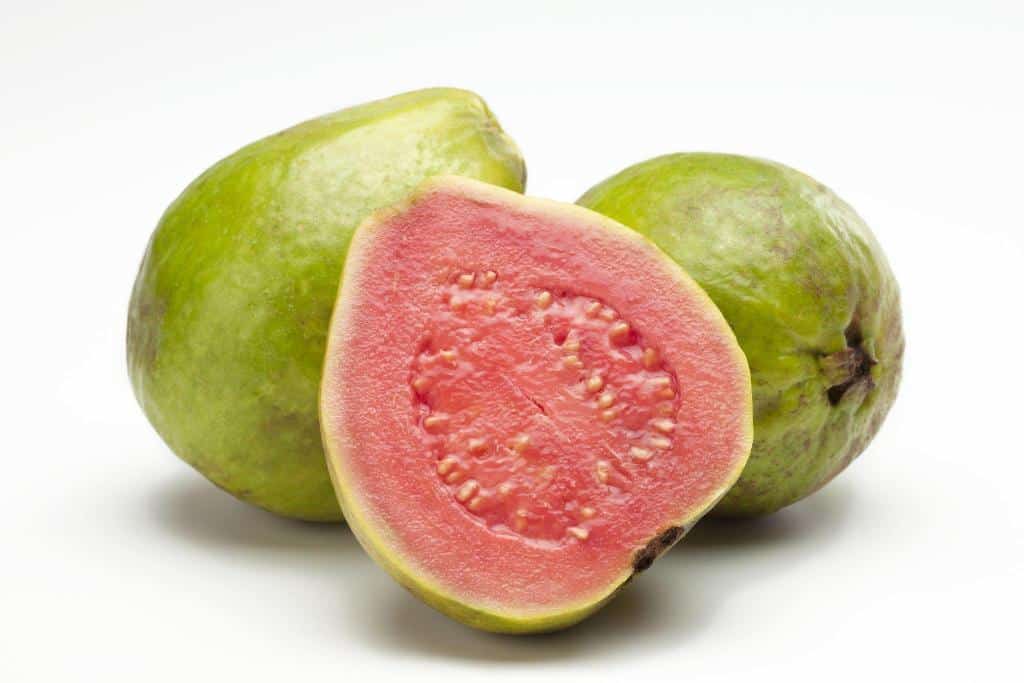
The guava is a tropical fruit found in Mexico, Central America, and northern South America. The fruit is round or oval in shape and has a thin skin that is yellow, green, or pink in color. The flesh of the fruit is white or pink and contains small seeds..
So, can you eat guava skin and seeds? The skin and seeds of a guava are edible and can be enjoyed as well.
The skin of a guava is thin and can be eaten along with the flesh of the fruit. The seeds of guava are also edible and are often eaten along with the flesh of the fruit. Guava is a healthy fruit to eat and can be enjoyed in many different ways.
Why Do People Like to Eat Guava?
People enjoy guava fruit for a variety of reasons. Here are a few explanations on why guava is so popular.
- The most obvious reason is the taste. Guava has a unique sweetness and tangy taste that appeals to many people. Some describe it as sweet and slightly tart, with a hint of mint.
- Guava is full of nutrients. This tropical fruit is high in vitamins A and C, as well as fiber. It’s also low in calories, making it a great choice for those watching their weight.
- This tropical treat is rich in fiber and antioxidants, which can help keep your digestive system healthy. Fiber helps to add bulk to your stool and keeps things moving through your intestines, while antioxidants help to protect your cells from damage.
- In addition to being healthy, guava is also incredibly versatile. It can be eaten fresh, made into juice or jam, or used in savory dishes. No matter how you enjoy it, guava is sure to please your taste buds.
- Finally, the fruit is also very cheap, which makes it affordable for everyone.
Can You Eat Guava Skin and Seeds?
Guava is a delicious fruit that can be eaten in its entirety. That’s right, the peel, flesh, and seeds are all edible and packed with nutrients.
It does not matter if the kind of guava you have has pink flesh or white flesh; one of the characteristics that distinguishes it as a guava is that it will have a ball of firm seeds in the center of the fruit.
Because the texture is so different from that of most other fruits, which are eaten with their seeds still inside, it can be hard to get used to the first bite of one of these. Guava seeds are hard, and because of this, they can cause stomach pain if consumed.
However, they are not poisonous and are considered safe for you to eat. Some people actually enjoy the crunchy texture of the seeds. If you have a sensitive stomach, it is best to avoid eating guava seeds.
Health Benefits of Consuming Guava Skin and Seeds
A guava is an exotic fruit that is grown in tropical climates. The skin and seeds of the guava are edible and have many health benefits.
As mentioned earlier, the skin of the guava is rich in antioxidants and vitamins A, C, and E. These nutrients can help protect the skin from damage caused by free radicals.
There is a lot of pectin in guava fruit, which has been shown to help prevent constipation and lower the risk of colon cancer.
The seeds of the guava are a good source of fiber and protein. They also contain essential nutrients such as magnesium, potassium, and zinc.
Eating the skin and seeds of the guava can help improve digestion, lower cholesterol levels, and boost immunity. Additionally, these nutrients can also help promote healthy hair and nails.
Guava is one of the best fruits. It has many benefits. It is recommended to consume this fruit two or three times a week. However, avoid eating large amounts of guava in an attempt to get rid of acne fast.
What Happens if We Consume Guava Every Day?
Eating guava daily can provide many health benefits. The fruit is high in fiber, which can help to regulate digestion. Guava also contains antioxidants, which can help to protect cells from damage. Additionally, the nutrients in guava can help to boost the immune system.
There are some potential side effects of eating guava daily, such as an upset stomach or diarrhea. However, these side effects are typically mild and go away on their own. Overall, eating guava is safe for most people and can offer a variety of health benefits.
How To Eat Guava Skin and Seeds
The skin and seeds of the guava are edible and packed with nutrients. Here are some tips on how to eat guava skin and seeds:
- Using a sharp knife, cut the guava in half.
- Scoop out the fruit flesh with a spoon.
- Eat the flesh of the fruit as is or add it to smoothies or yogurt.
- To eat the skin, simply peel it off with your fingers or use a vegetable peeler.
- The skin can be eaten as is or added to salads or other dishes for extra flavor.
- To eat the seeds, chew them thoroughly before swallowing or spitting them out.
- Chewing the seeds may help to reduce the amount of gum that you produce.
- The guava skin and seeds are edible raw, but they can also be cooked for different dishes.
Who Is Not Supposed To Eat Guava?
Guava has a high glycemic index, which means it can cause your blood sugar levels to rise quickly. For this reason, guava is not recommended for people with diabetes or those who are trying to control their blood sugar levels.
If you have diabetes or are at risk of developing diabetes, you should avoid eating guavas or any other food with a high glycemic index.
Guava contains compounds that can interact with medications that are substrates of P-glycoprotein (P-gp). P-gp is a protein that helps pump certain drugs out of cells. Medications that are substrates of P-gp include digoxin, fexofenadine, indinavir, vincristine, colchicine, topotecan, and paclitaxel.
If you take these medicines with guava, the levels of the drugs in your body may go up. This could lead to increased side effects or decreased efficacy of the medication.
If you are taking any of these medications, you should talk to your doctor before eating guava.
Why Does Eating Guava Make My Stomach Hurt?
There are a few reasons why your stomach might hurt after eating guava. You may be allergic to the fruit, for example. If you’ve never eaten guava before, it’s possible your body is reacting to a new food. If you have a sensitive stomach, you might also be allergic to guava.
Guava is a high-fiber fruit, and eating too much of it can cause gas and bloating. Guava contains about 5 grams of fiber per serving, which is about 20% of the recommended daily amount. The best way to avoid these problems is to eat moderate amounts of fiber-rich foods like guava.
Guava is an acidic fruit that can irritate your stomach if you eat too much of it. The acidity in guava can cause heartburn and indigestion, so it’s best to eat it in moderation. If you’re prone to stomach issues, you may want to avoid guava altogether.
Another possibility is that you have a stomach virus or bacterial infection from eating unclean guava. Guava is a popular fruit in many parts of the world and is often eaten without being cleaned properly.
Before eating any fruits or vegetables, you should wash them thoroughly before consumption. Visit your doctor for testing and treatment if you think you may have either of these.
Conclusion
The delicious fruit guava can be consumed in a variety of ways. The skin and seeds of the fruit are edible and offer many health benefits. Guava skin is a good source of fiber, while the seeds are rich in antioxidants. Both the skin and seeds are safe to eat and can help boost your immune system and protect your body against disease.

